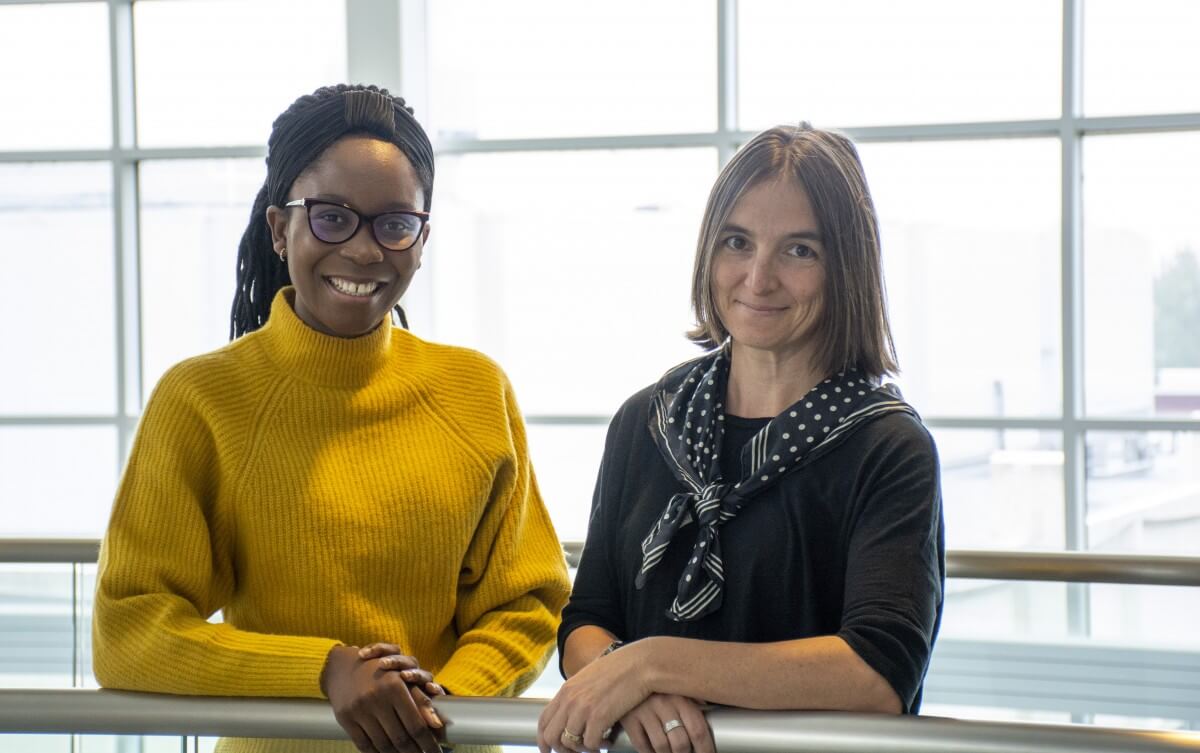Much has been said and done to encourage more women to join and ascend to leadership positions in STEM.
But the fact is that they are still underrepresented even in the most progressive economies. Take Canada, for example, where women still make up only one-third of all STEM graduates.
That’s not to say there isn’t progress. More women are graduating with STEM degrees than ever before in Canada. More policymakers and educators are making inroads in emphasising the importance of diversifying STEM professions and recruiting women across these disciplines in universities.
The same kind of progress can be seen at the University of Regina in Saskatchewan, Canada. The secret behind its success? Effective leadership and mentorship.
Inspiring through leadership
Spanning 930 acres in Wascana Centre, the University of Regina consists of nine undergraduate faculties and a Centre for Continuing Education.
Students can choose from one of 37 world-class academic programmes within the Faculty of Science alone, which covers areas of Biochemistry, Biology, Chemistry, Computer Science, Geology, Mathematics, Physics, and Statistics.
But what makes this university truly stand out is its faculty who come from diverse backgrounds and specialisations. These are the important figures leading the way in the country’s goal to level the STEM playing field.
They go above and beyond to create meaningful interactions with students. They work past classroom hours, motivating and facilitating ambitions in their students. They play key roles in introducing female students and ensuring they become part of the community.

Source: University of Regina
One such effort was seen during International Women’s Day 2019, when six STEM professors across various disciplines came together to present their research focus areas. This session was aimed at empowering women within STEM, in line with the United Nations theme for International Women’s Day that year: Think equal, build smart, innovate for change.
“Female researchers in STEM are not only doing some amazing research but they also serve as key role models to students, in particular, young women seeking careers in the STEM fields,” said Dr Kathleen McNutt, Associate Vice-President (Research), and Dean of Graduate Studies and Research.
She continued, “Supporting and advancing the education and careers of these young women will be critical to disrupting old paradigms and advancing an innovation agenda that is both gender-responsive and brings diversity to the forefront of innovation.”
This sort of support is pivotal to the advancement of minority groups – in this case, women. Faculty members create a welcoming environment that motivates young, female students to achieve their aspirations; in turn, these students become catalysts to the success of their peers.
Research has shown that female students are more likely to complete their degrees when they have more female classmates following through on that same vision.
Besides back-up from faculty members as mentors, the University of Regina also constantly channels resources towards uplifting women in STEM.
For example, at the International Women’s Day 2019 event, scholarships worth CA$200,000 (US$ 152,943) were announced for female graduate students entering the Faculties of Science and Engineering from fall 2019 onwards.
Getting foundations right
The University of Regina is highly-ranked in Canada for its international research collaborations, which can be attributed to the 400 active researchers across multiple disciplines. This includes faculty members, graduate and undergraduate students, and post-doctoral fellows.
With the resources and facilities on campus, all students are urged to pursue practical applications of their studies through research. Students can take up opportunities as research assistants, and eventually choose to further their academic pursuit through an Honours thesis, Master’s degree or doctoral degree.
At the University of Regina, the diversity of leaders in every academic area is a source of guidance and inspiration for students.

Dr Sandra Zilles. Source: University of Regina
Consider Dr Sandra Zilles, one of the many women leading noteworthy research efforts at the Department of Computer Science.
As the Canada Research Chair in Computational Learning Theory, Dr Zilles designed and analysed new models and algorithms for interactive machine learning. The outcomes of her research have numerous potential applications in medical science, bioinformatics and e-commerce, among others.
Academics like Dr Zilles are proof that there is plenty of room for female scientists to shine at the University of Regina. And an optimistic vision to behold given the fact that women represent only 22 percent of Canada’s total STEM workforce, especially in the areas of engineering and computer science.
For women in STEM, one of the secrets to success is building a vast range of interests, skills and connections via an established network of peers, mentors and inspirational figures.
The University of Regina has all three.
Follow the University of Regina on Facebook, Twitter and YouTube, and the Faculty of Science on Facebook, Twitter and Instagram
Liked this? Then you’ll love…
From Europe to Canada: Your next study abroad adventure
University of Regina: Preparing you for the hottest STEM jobs in Latin America










